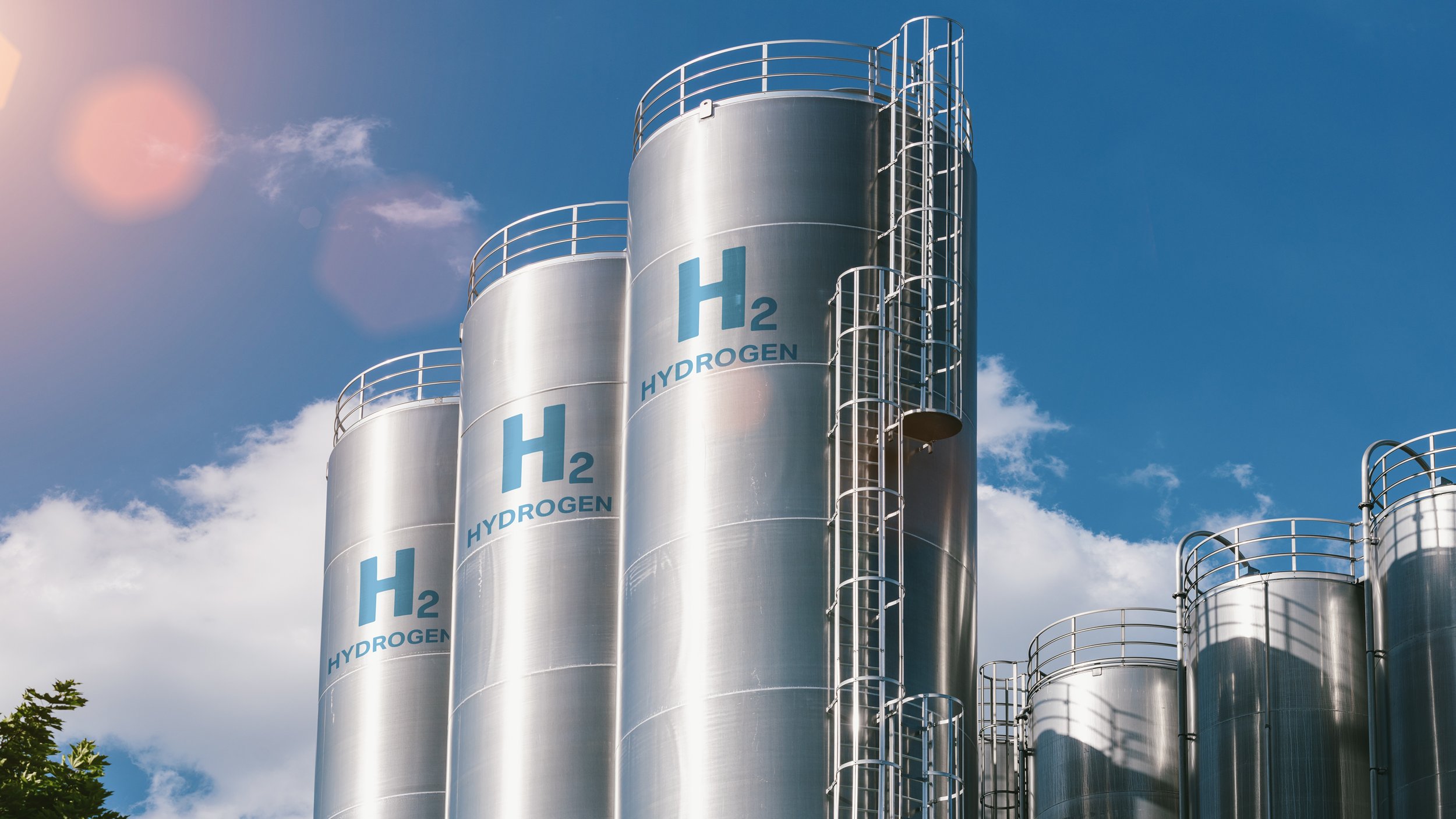
About Us
About OMC Thermochemistry
OMC’s technology ushers in a new generation of technological progress in efficient, low-cost, massively scalable production of green hydrogen and the use of carbon dioxide. The use of existing industrial formats (fluidized bed reactors) makes scaling not only affordable but also a rapid near-term reality. No precious materials like cobalt, rare earths, platinum, iridium, or yttrium are needed and there’s no need to develop novel manufacturing processes to allow for scaling beyond the laboratory. Our highly durable active material does not degrade and require expensive replacements like electrolyzer stacks. OMC can co-feed CO2 and water to reach syngas of any ratio with perfect selectivity in a single step with no side reactions or catalyst required, representing a generational shift in efficiency and cost. As a result, costs are dramatically lower than technologies which involve electrolysis or the reverse water gas shift reaction. A new era has begun.
OMC has multiple patents pending and holds exclusive rights to patents and patents pending developed at the University of Colorado Boulder over the course of decades of PhD-led, peer-reviewed research.

Our Commitment to Sustainable Solutions
At OMC Thermochemistry, we are pioneering a new generation of industrial scale green hydrogen and carbon utilization technologies. Discover how we’re making decarbonization of industry an achievable, near-term reality for a better, sustainable future.
-
Our process design enables cost-effective, industrially integrated green hydrogen production, allowing industry partners in areas such as ammonia production or refining to affordably reduce carbon emissions at scale.
-
Our thermochemical technology is designed for compatibility with existing industrial facilities, making integration straightforward. There’s no need to strand useful assets.
-
Our technology can simultaneously reduce both water and CO2 to produce syngas (H2 + CO) at any ratio with perfect selectivity. Syngas has almost a century of upgrading technologies available for processing back into jet, diesel fuel, gasoline, and other useful alcohols and industrial chemicals. We can get there more affordably than any of our competition, especially those relying on co-electrolysis or the reverse water gas shift reactions. Integration opportunities exist with many industries.


